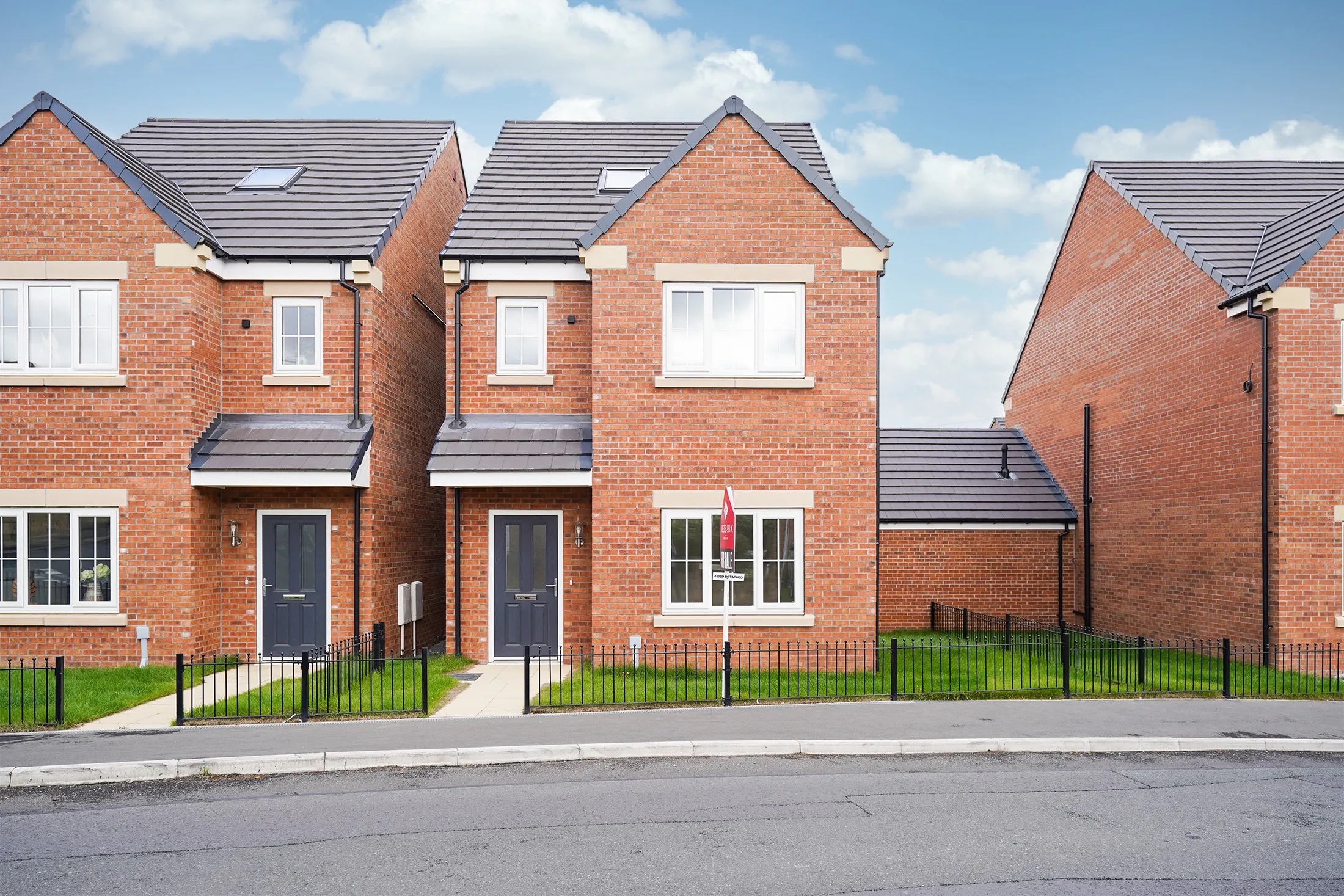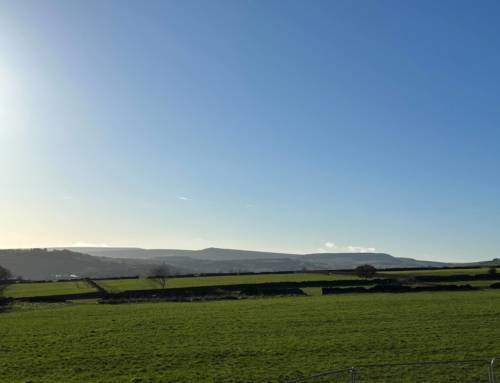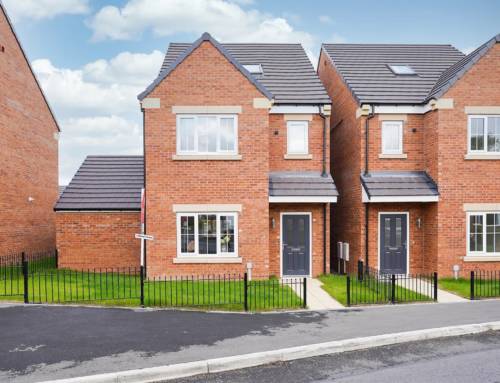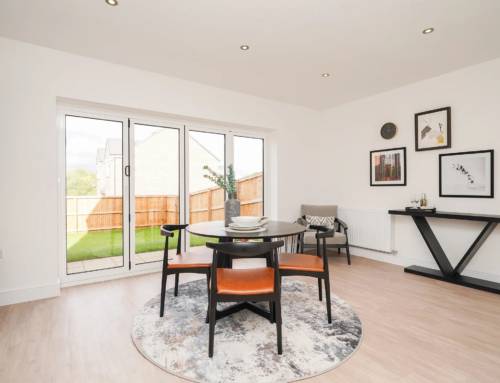New build houses have become increasingly popular in the UK in recent years, with many buyers attracted to the idea of owning a modern, energy-efficient home – this has become particularly acute with the cost of energy and people’s attitudes towards the environment. However, one of the concerns we frequently hear is about whether new homes lose value – and here we take a closer look at the various factors relating to home values.
Initial Purchase Price
One of the main factors that can affect whether a new build house loses value in the short term is the initial purchase price. New build homes are often priced higher than older properties in the same area, due to their modern design and energy-efficient features. You also pay more for getting exactly the home you want, a blank canvas if you will. However, it’s important to remember that buying an older property may be cheaper initially but it’s likely this savings will be negated with the changes that you’ll have to make to the new property to bring it up to standard and your style.
Quality of Construction
Another factor to consider when buying a new build house is the quality of the construction. We’ve all seen the stories of some new build homes not meeting the standards we’d all expect. Some builders have been criticised for their shoddy workmanship and poor build quality. Here at Linell Homes we strive to be different, in a good way, our Premier Guarantee goes above and beyond the standard new build home warranty – and you can read more about it in detail on our website.
Hidden Costs
Older properties tend to require more maintenance, and because of this the cost of repair and maintenance in a new build property is often far lower – and is sometimes even covered by warranties. The older a property is the more likely you are to face bills to remedy larger parts of the property – for example the roof is a common and very expensive fix.
Location, Location, Location
There’s a reason there’s a television programme about this! Location of a new build property is a major factor in pricing. The more expensive the land is to acquire for the developer then likely the more expensive the property will be. However, this then reflects positively in residual sale value, as demand for an area tends to correlate with rising house prices. Older properties also benefit from the same rules of supply and demand – but a newer property is often more sought after, as people have confidence that a relatively new build property won’t need any major works – as well as the energy efficiencies that go along with buying a new or nearly new build.
So, are new builds worth it?
Well, we certainly think so! But we would say that wouldn’t we! Although there may be a small premium for a new build house versus an older equivalent we think you really have to weigh up the cost-benefits – with lower maintenance spend and high energy efficiency – as well as newer build properties being more attractive to buyers should you choose to move.
The average house price in the UK has risen from ~£185k to ~£295k in the last 15 years, demonstrating that a new build property remains a great investment.






